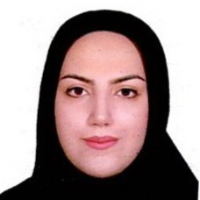Public Right to Safe Drinking Water; Case Study of the Order of the Bahar City Prosecutor
Public law is an issue that the drafters of the constitution, as specified in the second paragraph of principle 156, have assigned revival of it to the judiciary. On this basis, the prosecutor, as the main trustee of the revival of public rights, monitors, pursues and restores these rights. The right to safe drinking water is one of the most basic human rights that is a public right. The practice of the prosecutor's office also shows that numerous follow-ups have been carried out in the field of restoration of this right in terms of public rights. Meanwhile, the order of the Bahar city prosecutor's office in pursuing the pollution of drinking water in several villages of this city is noteworthy. This article has tried to evaluate and critique the order and actions of the mentioned prosecutor in this field with a descriptive-analytical method. Therefore, the obtained result shows that the actions taken by the prosecutor are desirable and indicate the realization of the crime of threatening public health. However, the main objection to the prosecutor's order can be considered as the lack of specification on the enforcement guarantee, assuming that the prosecutor's order is revoked and the non-determination of criminal enforcement guarantee. Of course, this is more rooted in the flaws in the existing laws and regulations than in the prosecutor's office.
-
Self-Defense against Attacks on Diplomatic Premises? Interpretation or Expansion of the United Nations Charter
Mohsen Abdollahi *,
Iranian Review for UN Studies, Winter and Spring 2024 -
Food Safety in International Law: A Step in Preventing the Occurrence of Communicable Diseases
Azade Rastegar, *
Iranian Journal of International and Comparative Law, Winter-Spring 2024



